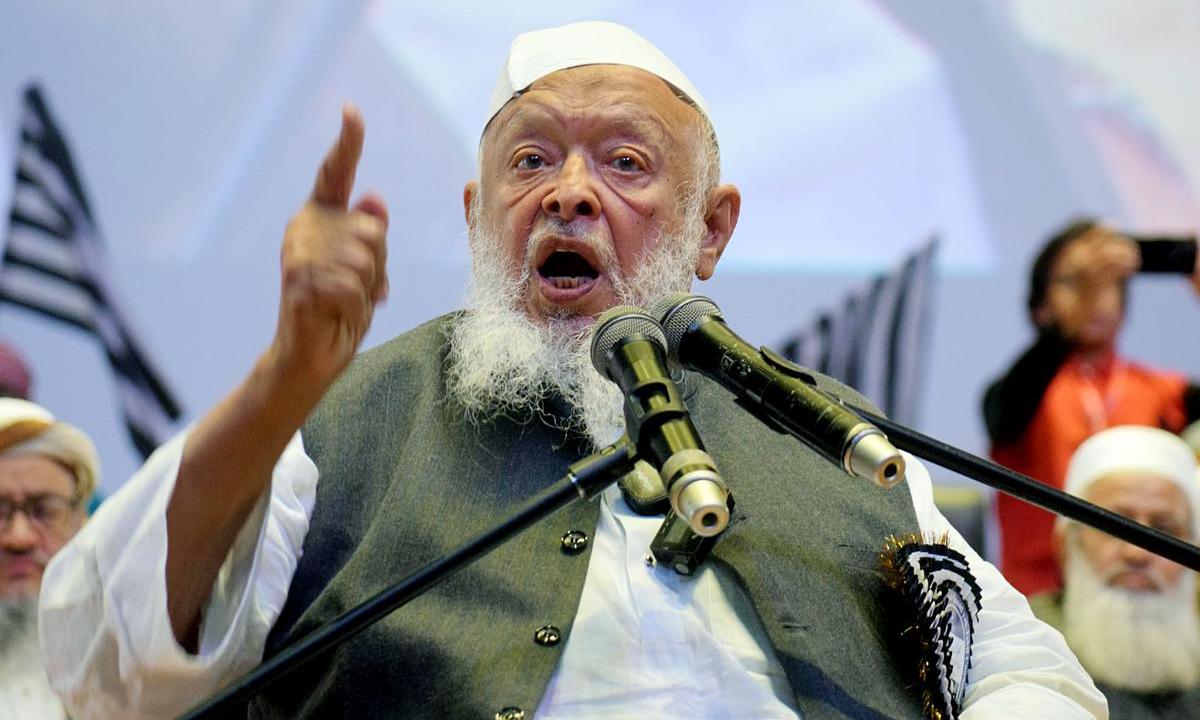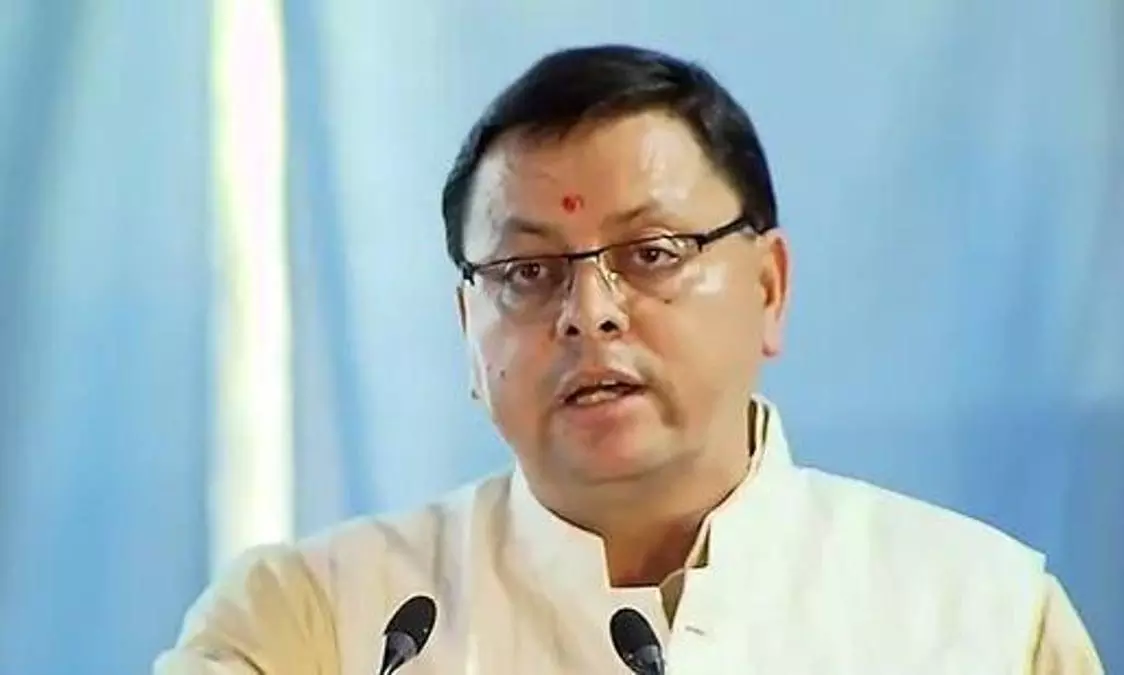
Jamiat Ulama-i-Hind moves High Court against Uttarakhand’s UCC
text_fieldsMaulana Arshad Madani, President of Jamiat Ulama-i-Hind.
New Delhi: Jamiat Ulama-i-Hind has filed a petition in the High Court in Nainital, challenging the implementation of the Uniform Civil Code (UCC) in Uttarakhand. The organization argues that the UCC violates fundamental rights enshrined in the Constitution and threatens the secular fabric of the country.
Maulana Arshad Madani, President of Jamiat Ulama-i-Hind, stated that they turned to the court in their pursuit of justice and to uphold the Constitution, democracy, and the rule of law. He emphasized that the judiciary remains their last resort in resisting what they see as an infringement on religious freedoms.
“We will not accept any law that contradicts Sharia. Muslims can compromise on many things, but never on their faith and religious laws. This is not just a matter of Muslim existence but also of their Constitutional rights. The government, through the UCC, is attempting to take away the rights granted to Muslims,” Madani asserted.
He argued that the UCC is not merely an issue of Muslim personal law but a broader challenge to India’s secular identity. He pointed out that India, as a secular nation, does not have a state religion, and its citizens are free to practice their faith without interference.
Madani further contended that the UCC could have a negative impact on the country's unity and integrity. While Article 44 of the Constitution is often cited in support of the UCC, he noted that it remains a directive principle and not a binding provision. In contrast, Articles 25, 26, and 29 explicitly guarantee religious freedom but are being overlooked in the push for a uniform code. He also referenced the Shariat Application Act of 1937, which safeguards Muslim personal law, warning that the government’s move could undermine this long-standing legal protection.
Criticizing the logic behind the UCC, Madani highlighted inconsistencies in India's legal system. “The government insists that a single country must have a single law, yet we already have variations in the Indian Penal Code (IPC), the Code of Criminal Procedure (CrPC), and even in cow slaughter laws across different states. The idea that two sets of laws cannot coexist under one system is fundamentally flawed,” he argued.
The petition marks a significant legal challenge to the Uttarakhand government’s move to implement the UCC, with Jamiat Ulama-i-Hind positioning itself at the forefront of the battle to protect religious and Constitutional rights.
With IANS inputs







